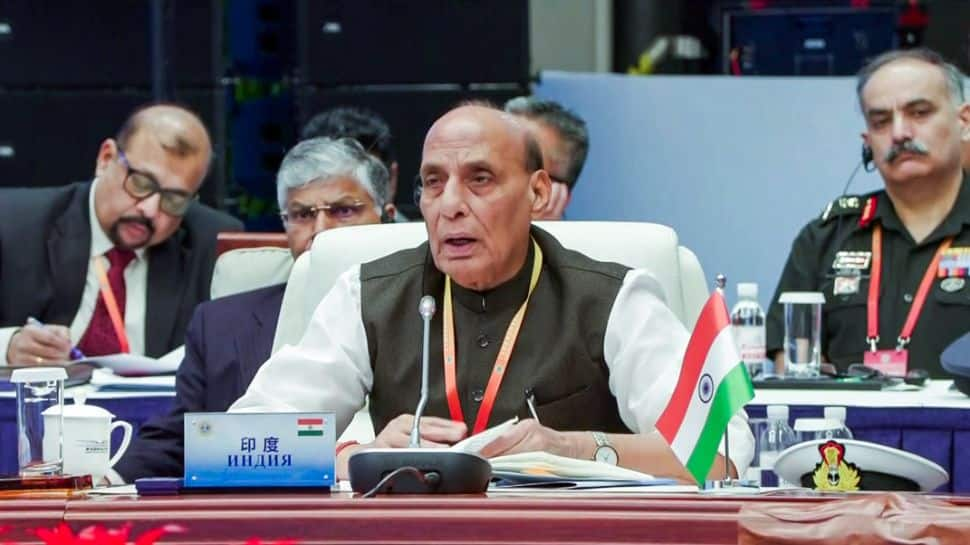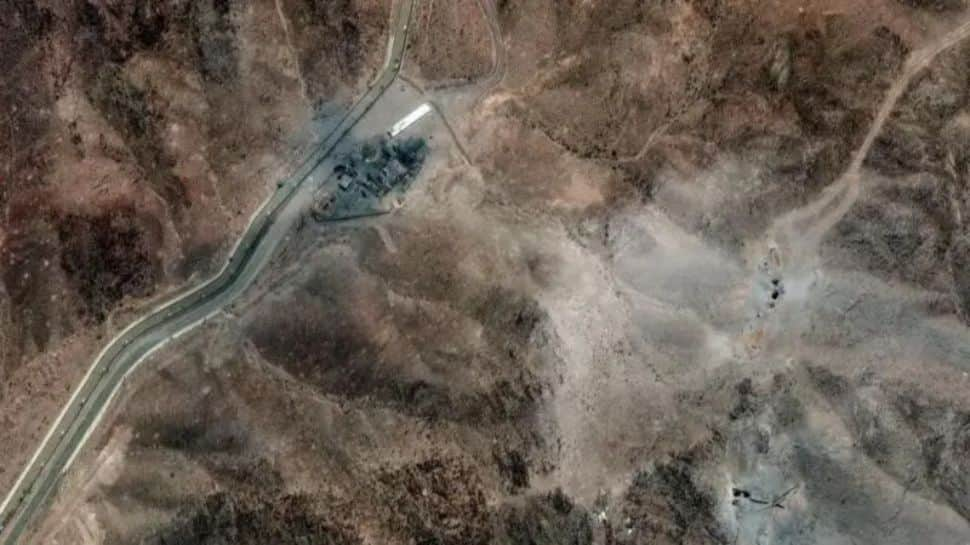Why Rajnath Singh Refused To Sign SCO Joint Statement; What Really Happened Behind Closed Doors | World News

New Delhi: At a high-profile gathering in China’s Qingdao, India’s Defence Minister Rajnath Singh chose to stay silent when it came time to sign a joint declaration with other members of the Shanghai Cooperation Organisation (SCO). That single act has opened a floodgate of questions back home.
The two-day meeting ended with no joint statement – an unusual outcome for a multilateral summit. Ministry of External Affairs spokesperson Randhir Jaiswal later broke the silence. He revealed that disagreements among member nations stalled the statement. India’s main concern, he said, was terrorism and one country did not want those concerns reflected in the final draft.
Jaiswal explained it simply. India had insisted on including a firm stance against terrorism. Another country objected. With no consensus, the document was shelved.
The Congress party seized the moment. Its spokesperson Shama Mohammed accused Prime Minister Modi and Foreign Minister S. Jaishankar of isolating India diplomatically. She pointed to the omission of any mention of the Pahalgam terror attack in the draft as evidence.
Rajnath Singh was in Qingdao from June 25 to 26 for the SCO defence ministers’ meeting. His message at the forum was direct. He spoke of peace, but also of betrayal. According to the statement released by India’s foreign office, Singh outlined New Delhi’s updated approach to dealing with terrorism and called for a united front.
He did not name countries. But his words were sharp.
He said the region was plagued by distrust. That growing extremism was poisoning peace. And that some countries were still sheltering terrorists while using cross-border attacks as leverage. He warned against double standards and urged the SCO to stop tolerating them.
Singh also brought up ‘Operation Sindoor’ – India’s swift response to the April 22 Pahalgam killings. He reminded the room that during that attack, victims were targeted because of their faith. The Resistance Front (TRF), a known proxy of th Lashkar-e-Taiba, had claimed responsibility. The pattern matched older LeT attacks. Singh said the message was now clear – terror camps are no longer safe.
He closed with a call. For every SCO member to speak with one voice against terror.
The Shanghai Cooperation Organisation was founded in 2001 by China, Russia and four Central Asian republics – Kazakhstan, Kyrgyzstan, Tajikistan and Uzbekistan. It grew from a 1996 border pact once called the ‘Shanghai Five’. Over time, it evolved into a strategic bloc.
India and Pakistan joined in 2017. Iran came aboard in 2023.
Today, the SCO represents about 40% of the world’s population. One-fifth of the world’s GDP. And around 20% of global oil reserves.
But those numbers are not what Singh focused on. He spoke instead of lives lost in Kashmir. Of nations turning away when it mattered. Of words that were never put to paper.







